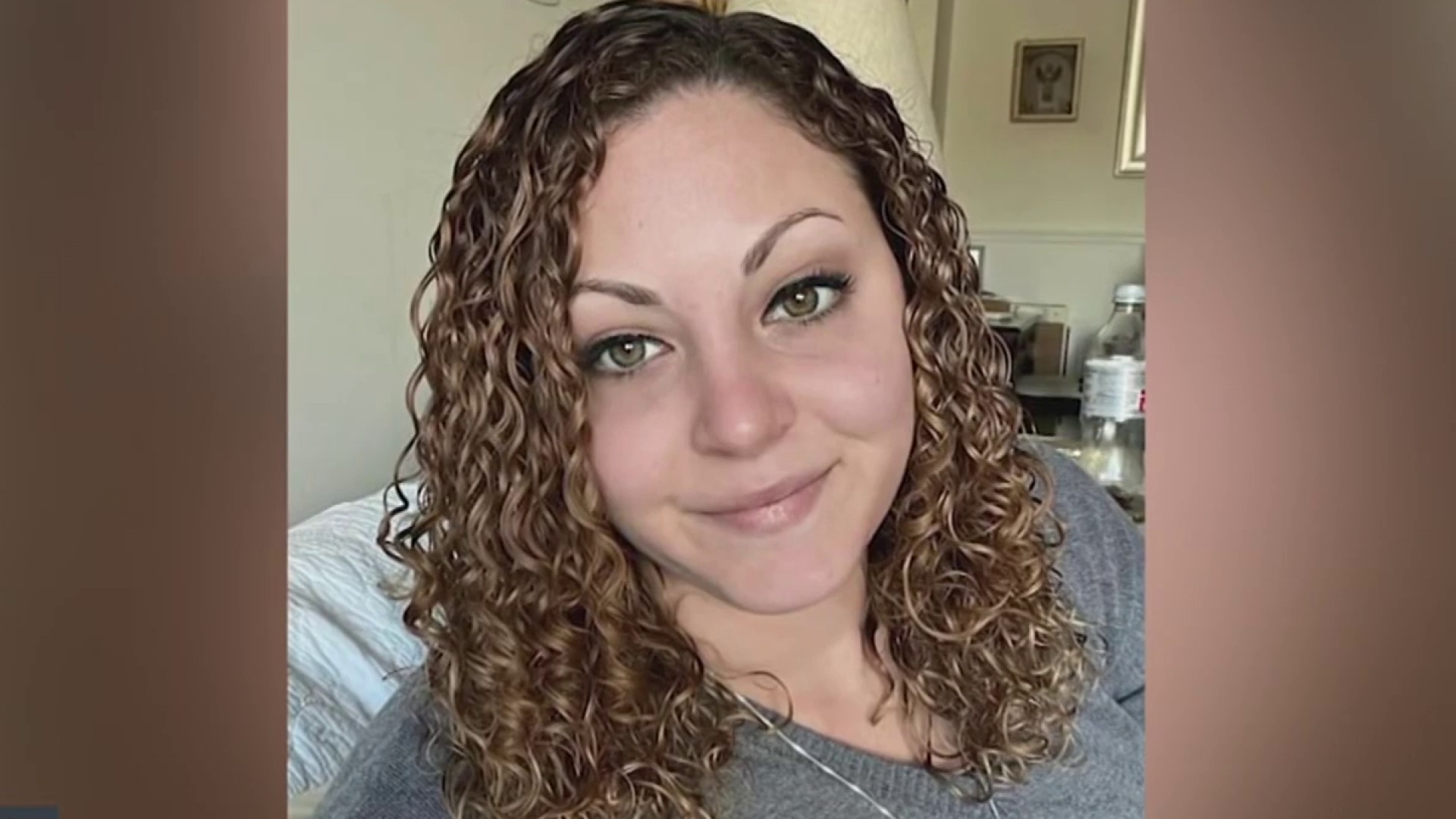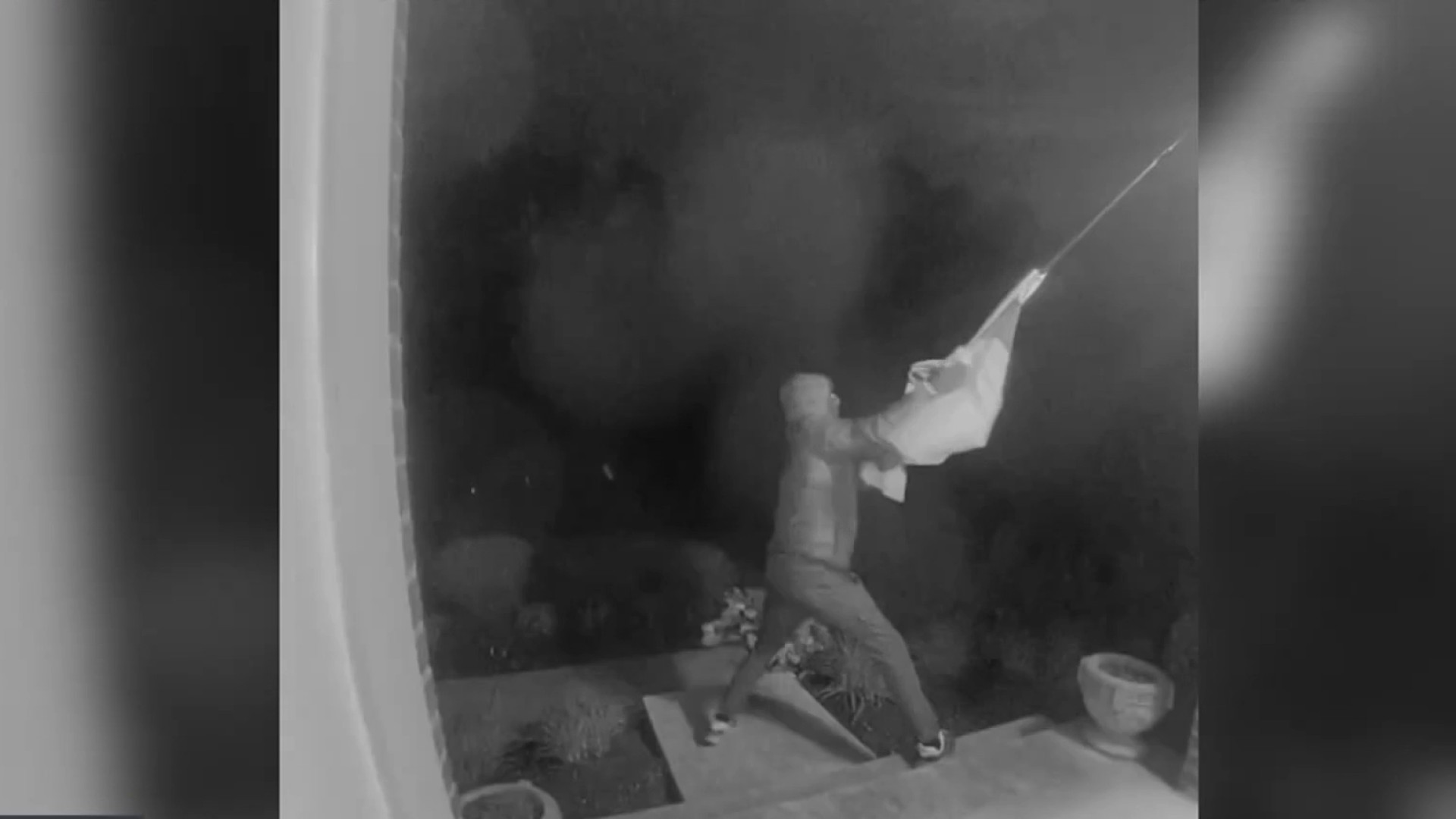ANNAPOLIS, Md. -- Lawyers for Laurel Racing went to Maryland's highest court on Tuesday to argue that its rejected bid for a slot machine license should be put back into consideration by a state commission.
Attorneys for the state contended that Laurel Racing's failure to put up a $28.5 million licensing fee simply disqualifies the company from consideration because it failed to play by the rules defined in law.
Michael Berman, an attorney for Laurel Racing, argued before the Court of Appeals that Laurel Racing did not submit the license fee because the law did not adequately guarantee a refund if a state commission did not grant the license. He said the lack of clarity was a big concern, considering the amount of the fee.
"One of the problems with this statute is the uncertainty that it created for companies trying to operate in the marketplace," Berman told the court.
But Austin Schlick, an assistant attorney general, emphasized that the money is refundable and that Laurel Racing failed to raise its concern about whether the fee was refundable before a February deadline. Schlick said Laurel Racing mentioned "market reasons" for why it wasn't submitting the fee.
"It never suggested that the fees were unconstitutional and never suggested that they were nonrefundable," Schlick said.
Laurel Racing, which is a subsidiary of bankrupt Magna Entertainment Corp., has expressed interest in putting 4,750 slot machines at Laurel Park, a horse racing track in Anne Arundel County.
Local
Washington, D.C., Maryland and Virginia local news, events and information
Baltimore-based developer Cordish Cos. has proposed a 200,000-square-foot entertainment complex, including a casino with 4,750 slot machines, near Arundel Mills mall. But the Anne Arundel site has been complicated by a county zoning measure that is needed, and local officials have delayed a vote four times.
Alan Rifkin, who also is representing Laurel Racing, said the company would like to see the entire bidding process done over again, with a clear expression by the state that the licensing fees would be refundable to unsuccessful bidders.
"Anybody who bid on February 2 should have an opportunity to reassess and understand whether or not the initial license fee is refundable," Rifkin said after court.
But Schlick said Laurel Racing simply wants to "rewrite the rules" in its favor. Also, three companies already have put up licensing fees along with their bids, as defined in the law.
"We're not concerned with the reasons why Laurel Racing and Magna were unable to present the money to the state by the February deadline," Schlick told reporters. "What matters is that they didn't, and it's because they didn't submit that money that they're ineligible for a license."
Maryland is in the middle of a slot machine licensing process that has been tortured by the recession.
Initial bids submitted in February were a disappointment to state officials hoping to generate additional revenue in tough budget times. The national recession and a credit crunch created a difficult climate for businesses to bid on the licenses.
Of a possible 15,000 slot machines at five locations, developers only bid on 6,500 machines at four spots, including Anne Arundel, Cecil and Worcester Counties and Baltimore city. A fifth venue at Rocky Gap State Park had its only bidder rejected from the process after it also failed to put up a licensing fee.



